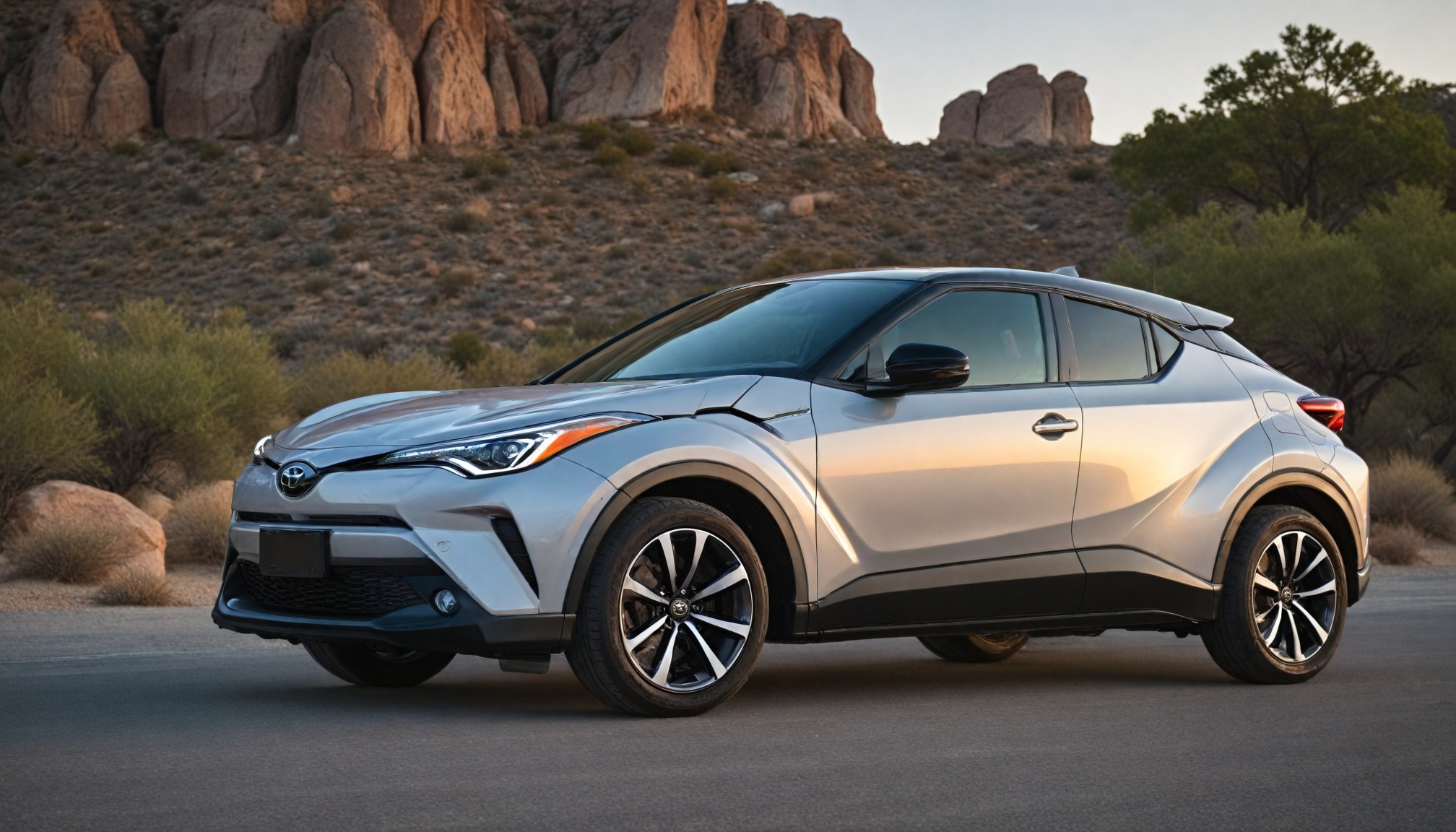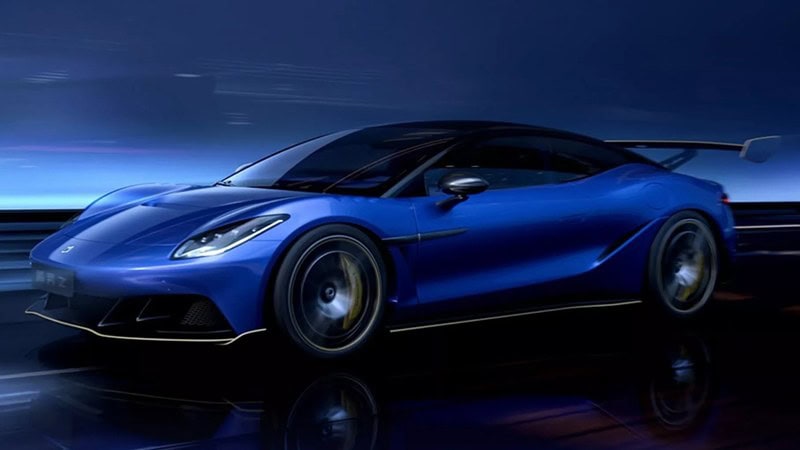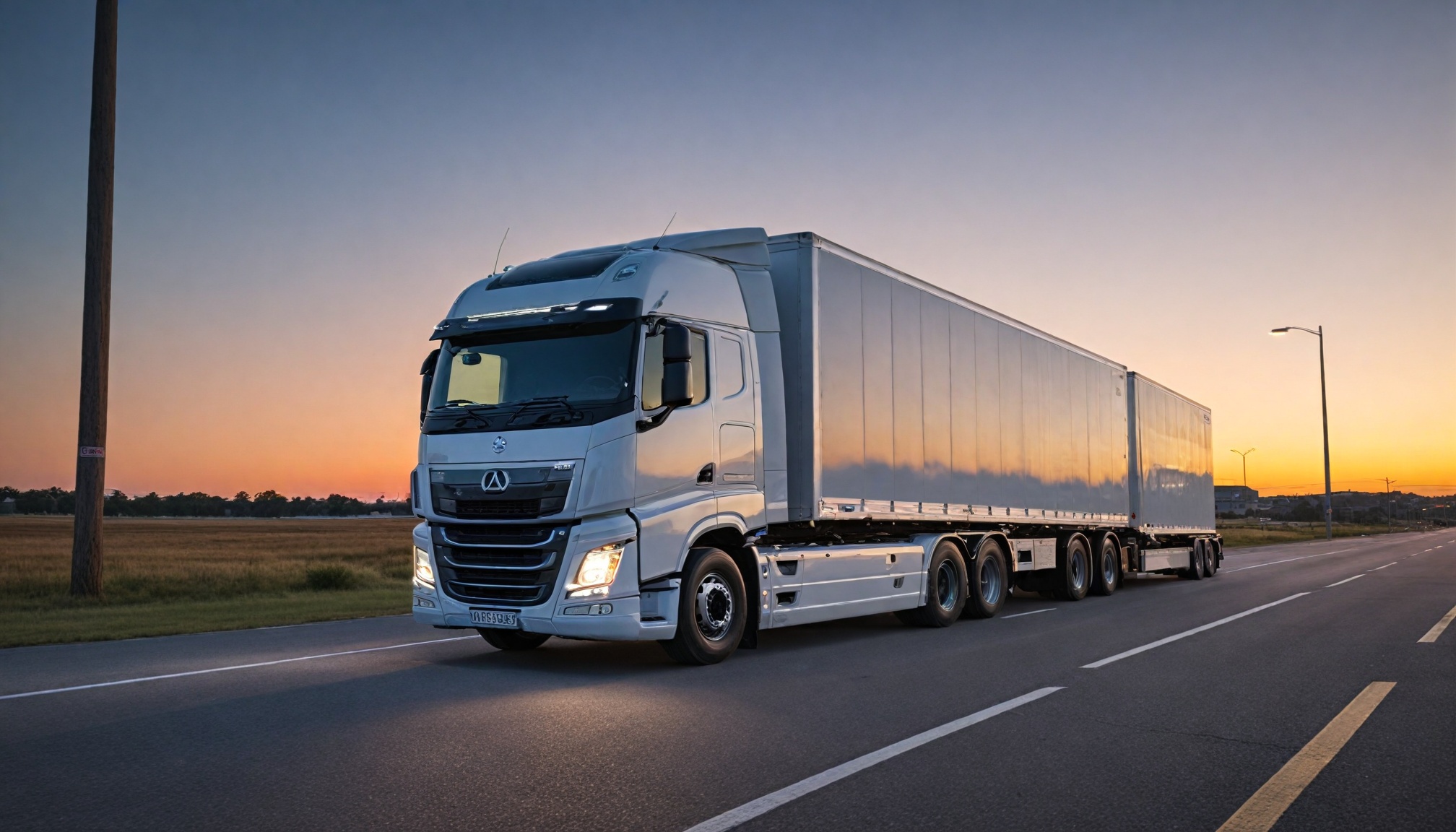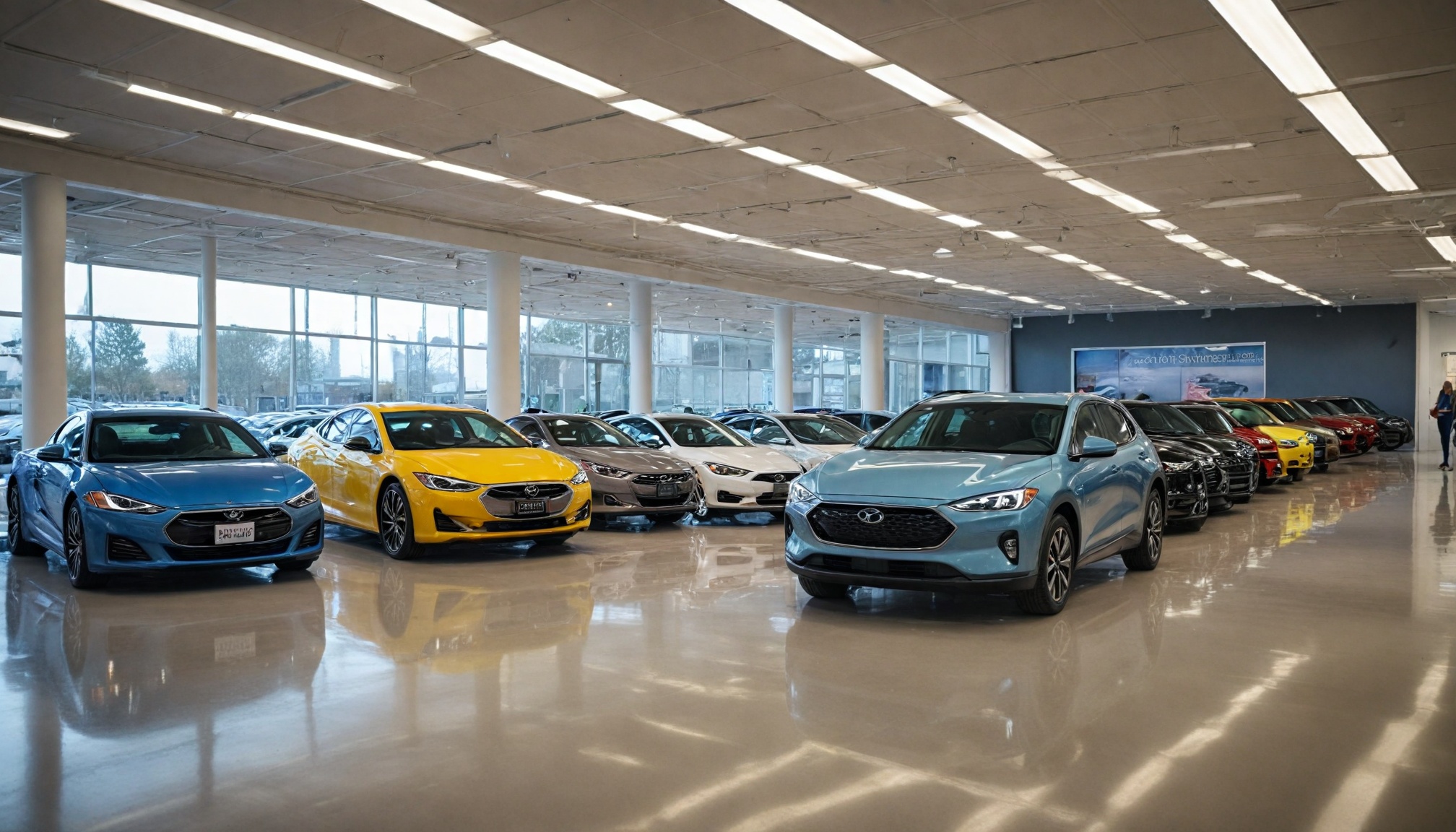
Car dealerships evolve toward hybrid retail models, balancing physical showrooms with digital experiences and repositioning as service experts in the electric vehicle era.

Drivetech Partners
Car dealerships are rapidly adapting to a dual challenge: balancing traditional showroom experiences while embracing digital transformation to meet evolving consumer expectations. The automotive retail landscape is shifting from a sales-first approach to a service-focused model, with dealerships increasingly leveraging their unique position as providers of specialized expertise, particularly as electric vehicles gain market share.
Key Takeaways:
Hybrid retail models combining physical and digital experiences offer the most cost-effective approach for dealerships
Service and repair operations have become counter-cyclical profit centers as vehicle ownership periods lengthen
Dealerships possess competitive advantages for EV maintenance compared to independent service providers
Advanced technologies like AI and virtual reality are transforming customer experiences and operational efficiency
Successful dealerships are specializing in niche areas like luxury experiences, EV expertise, or fleet management
Hybrid Models: The Future of Automotive Retail
Traditional car dealership models face significant disruption from digital platforms and changing consumer preferences. Yet contrary to predictions of their demise, physical dealerships are demonstrating remarkable resilience. An Oliver Wyman study revealed traditional dealership models may actually be most cost-effective, with only a $200 per vehicle cost difference compared to direct-to-consumer models.
The industry has clearly taken notice of shifting consumer expectations. Four out of ten dealerships now offer complete online purchasing options, blending digital convenience with in-person service. Meanwhile, digital pioneers like Carvana have faced serious challenges, with bankruptcy concerns stemming from steep sales declines and significant cash burn.
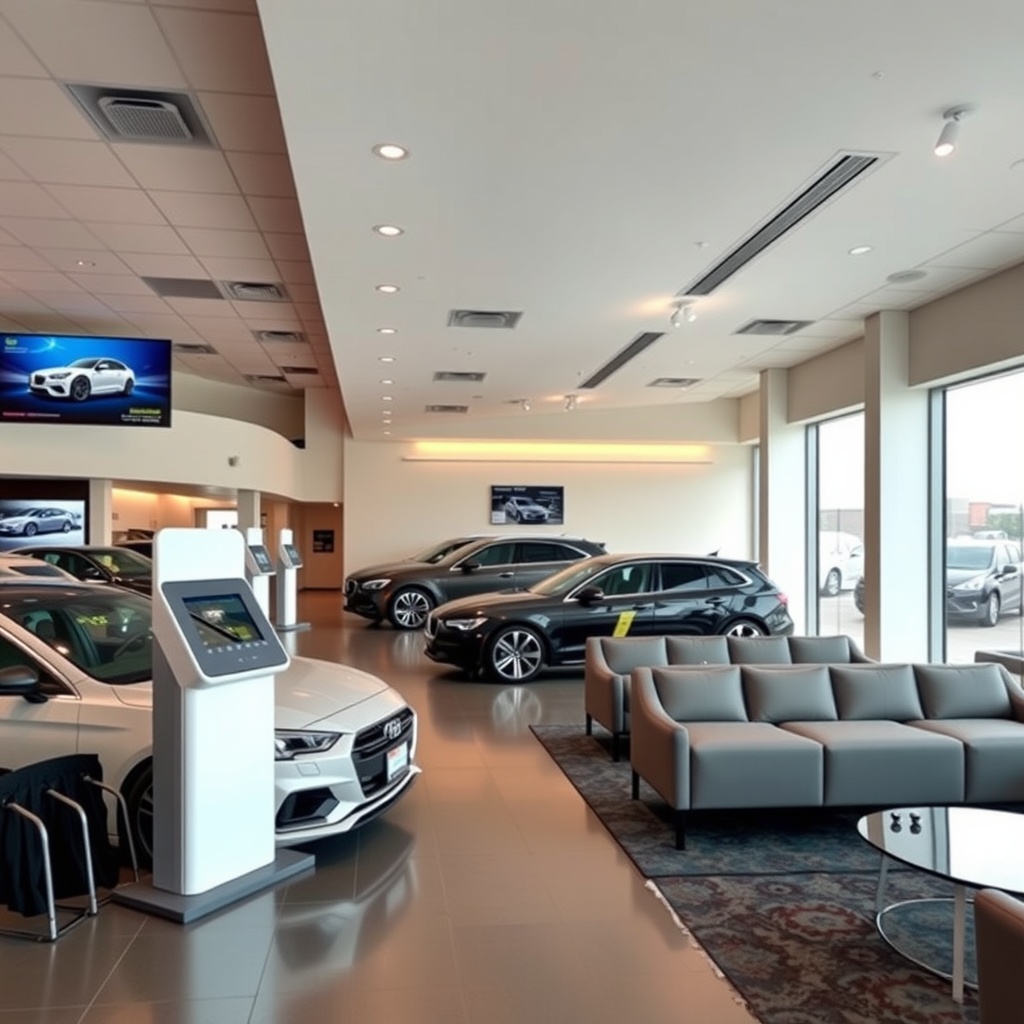
The emerging consensus points to hybrid models that combine physical and digital experiences as the strategic opportunity for traditional dealers. These models capture omnichannel cost savings while preserving the irreplaceable aspects of in-person vehicle shopping. Modern showroom layouts are adapting accordingly, with less emphasis on massive inventory displays and more focus on digital-first demonstration areas and comfortable customer spaces.
From Vehicle Sales to Service Powerhouses
The most dramatic shift in dealership business models involves their evolving revenue streams. Service, repairs, and parts sales are now the only consistently growing contributions to dealers' gross profits, with 70% of dealers reporting growth in service revenues in 2024.
Several factors drive this trend. The average vehicle age is increasing to 12.6 years across all vehicles and 14 years for passenger cars. Vehicle Miles Traveled (VMT) currently sits at 3.27 trillion, almost back to pre-pandemic levels. Dealerships leverage a competitive advantage through direct ownership of customer relationships, particularly as vehicles become more complex.
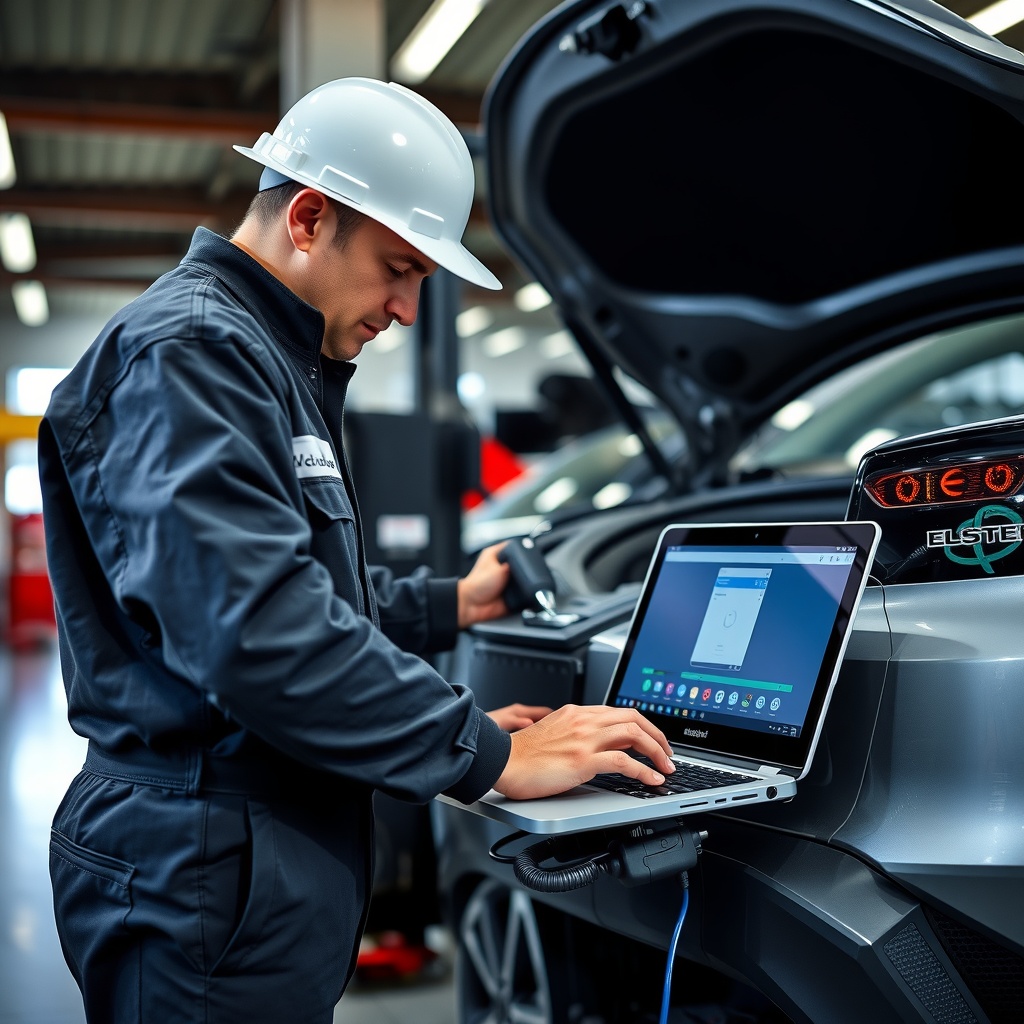
Successful dealerships are positioning service operations as counter-cyclical profit centers during economic uncertainty. Service and parts departments have historically ranked among the highest profit centers in overall dealership operations, providing stability when new vehicle sales fluctuate.
The EV Challenge and Opportunity
Electric vehicles present both challenges and opportunities for dealership service departments. Battery EVs generate about 20% less aftermarket parts spending than comparable fossil fuel vehicles, potentially reducing traditional service revenue. However, OEM-licensed dealerships are better positioned than independent service providers to develop specialized EV maintenance expertise.
Dealerships are uniquely positioned to leverage EV data for predictive maintenance and service delivery, creating stickier customer relationships. EV charging services are emerging as a key diversification strategy, bringing customers to dealership locations for regular visits beyond traditional maintenance schedules.
Electrification represents just one of four major trends reshaping the automotive value chain, but it's perhaps the most immediate challenge for service departments to address through training and infrastructure investments.
Profitability in Transition: From Peak to New Normal
Dealership profitability has undergone significant shifts in recent years. Total retailer profit per unit has declined from a peak of $5,258 in December 2021 to $2,471 currently. However, this figure remains 20% higher than pre-COVID levels of $2,053.
The market is showing signs of normalization. Only 14.9% of new vehicles sold above MSRP in May 2024, compared to 50% in June 2023. Inventory turnover ratios increased by 60% on average from 2019 to 2021 for the industry's six largest players. The average days inventory outstanding decreased from 70.5 days in 2019 to 44.2 days currently, indicating improved operational efficiency.
Dealership Valuation and Consolidation Trends
Dealership valuations reflect confidence in the sector's long-term viability. Buy-sell activity for dealerships reached $588M in Q1 2022, 35% higher than Q1 2021. Approximately 640 dealerships traded hands in 2021, averaging 50 dealerships sold per month.
Luxury brands command premium valuations, with Porsche dealerships leading at blue-sky multiples of 9.0-10.0x adjusted pre-tax profit. BMW was the only brand to increase sales in Q1 2022 versus Q1 2021, further bolstering its dealerships' valuation prospects.
These trends suggest investors see dealerships as businesses with sustainable long-term value, even as the industry undergoes transformation. Dealership enterprise values have increased nationwide with record M&A activity, pointing to consolidation as smaller operations sell to larger groups with the capital to invest in digital transformation.
AI and Technology as Competitive Advantages
Over 80% of surveyed dealers definitely plan to invest in AI in the next two years. AI-driven tools help dealerships optimize local demand and supply, refine pricing strategies, and improve customer targeting. These technologies promise to reduce operating costs while enhancing customer experiences.
Connected vehicle technology will further transform dealership operations. Nearly every car will have internet connectivity in the next 10-15 years, enabling remote diagnostics and preventive maintenance services that strengthen dealer-customer relationships.
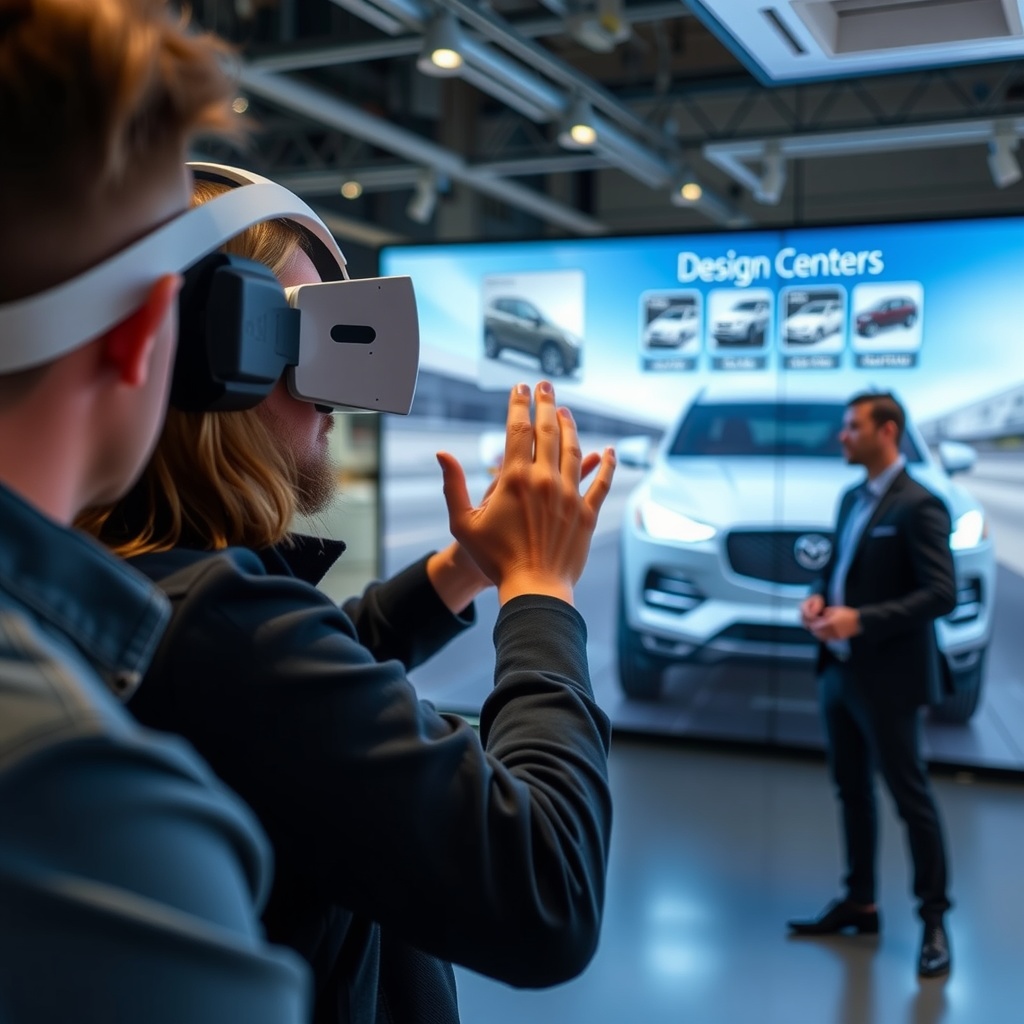
Virtual reality is changing how customers shop for vehicles, allowing them to modify and experience cars in different ways without requiring extensive physical inventory. Future dealerships will have fewer physical inventory cars on premises due to technology-enabled ordering and visualization, reducing overhead costs while improving the shopping experience.
Mobility Revolution and Dealership Adaptation
Urban transportation patterns are shifting in ways that will impact dealership operations. Urban trips using on-demand mobility solutions are projected to more than double to 15% by 2035. By that same year, about 20% of new cars sold will have at least level 3 autonomy.
These changes will affect aftersales business models. Collision rates are expected to be 70% lower for vehicles with driver assistance systems, reducing traditional body shop and repair work. Forward-thinking dealerships are developing fleet services and mobile servicing capabilities as diversification strategies.
As the mobility landscape fragments, dealerships will need to specialize in specific customer segments to remain competitive. Some may focus on luxury experiences, others on EV expertise, and still others on fleet management services for corporate and shared mobility clients.
Reimagining the Dealership Business Model
The dealership of the future may bear little resemblance to today's operations. Some will serve primarily as delivery mechanisms, while others will focus on post-purchase services. Four major industry transformation drivers—electrification, autonomous driving, sharing/mobility, and software-defined vehicles—will shape these changes.
Specialization in specific areas like luxury experience, EV expertise, or fleet management will become necessary for differentiation. Dealerships need to build capabilities to support both traditional internal combustion engines and new EV technologies during a lengthy transition period.
Strategic investments in training, infrastructure, and technology will define successful dealerships of the future. Those that can adapt their business models while preserving their key advantages—local presence, skilled technicians, and direct customer relationships—will find opportunities to thrive even as the automotive retail landscape transforms.
Sources:
Alvarez & Marsal: Look Ahead Future Operating Challenges Dealership Segment
BCG: Steering US Auto Dealers Toward Profitable Future
Publicis Sapient: The Future of the Automotive Dealer Experience
Mercer Capital: Mid-Year 2024 Review of the Auto Dealer Industry by Metrics

